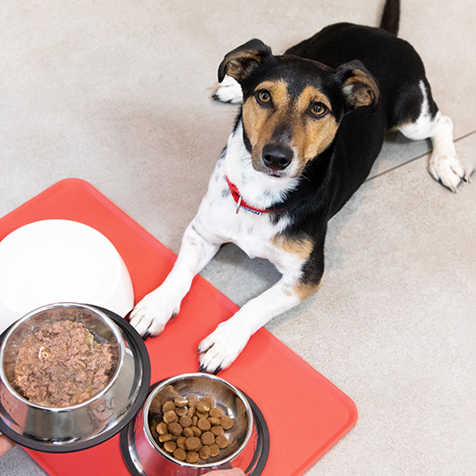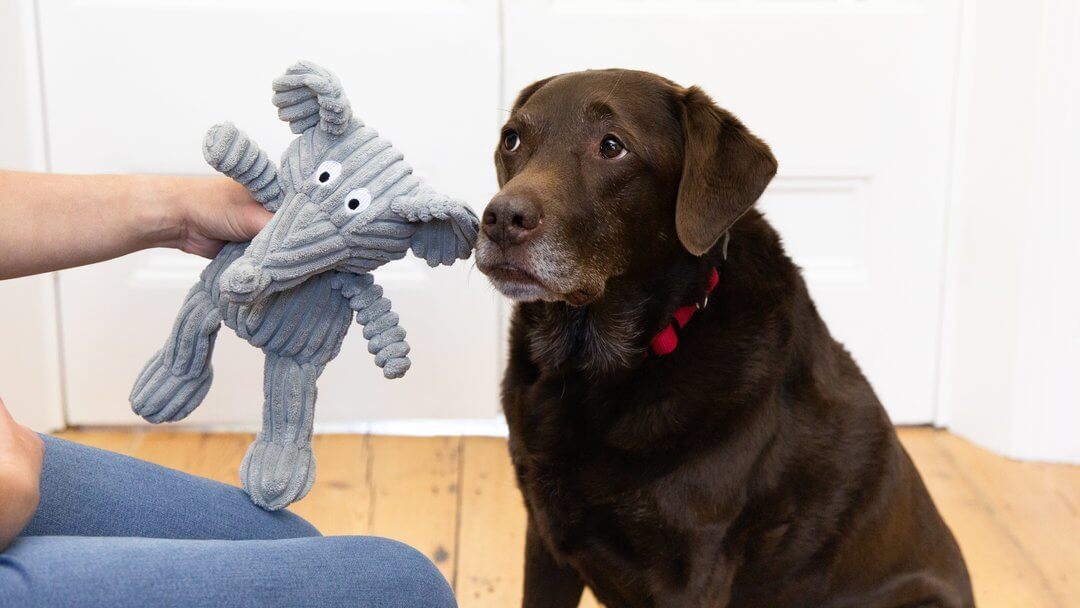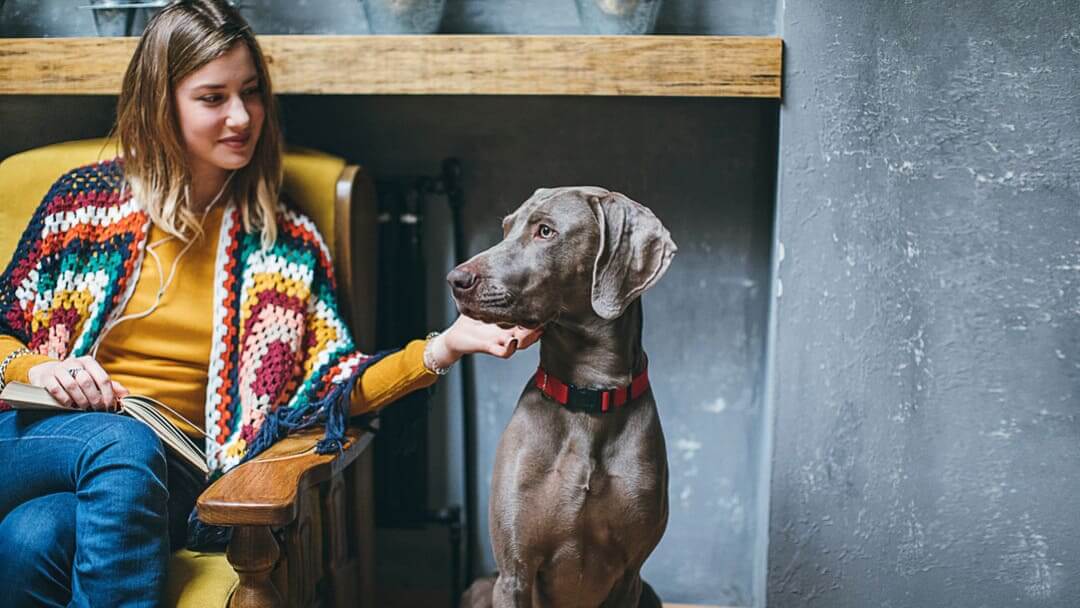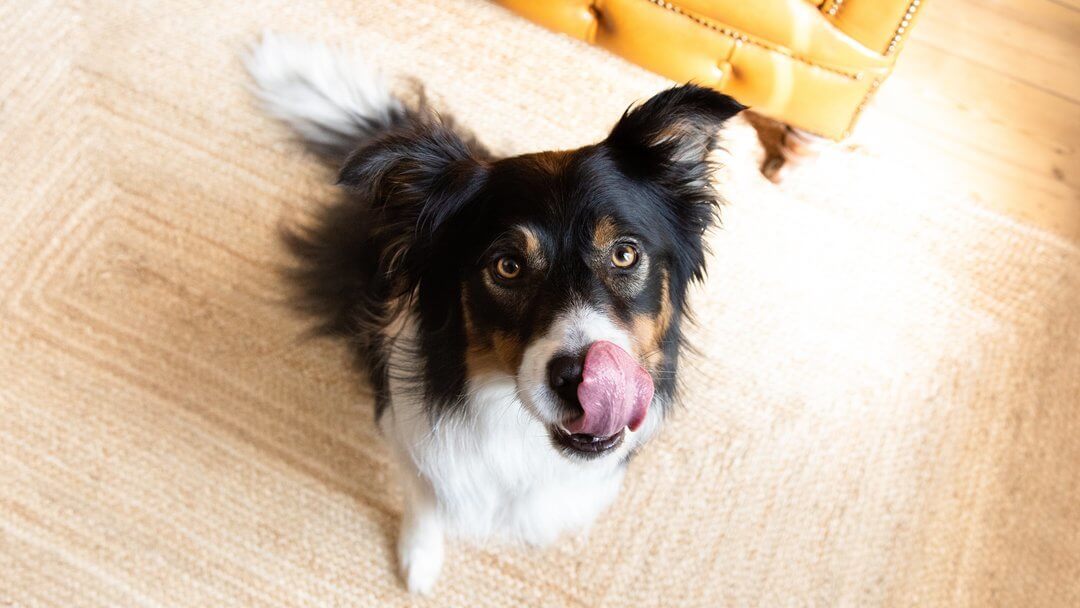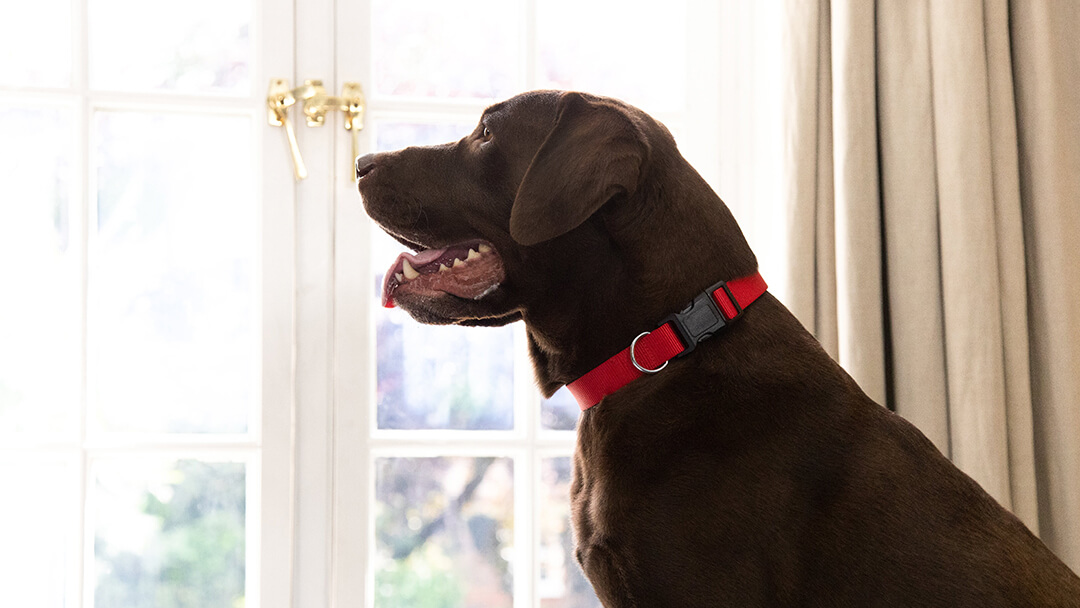
Sometimes older dogs might undergo behavioural changes that seem unusual or a little more noticeable than just ‘slowing down’.
Until recently, experts had attributed these things to the aging process, about which little can be done. More recently, however, unusual changes in older dogs have been attributed to a disorder called Cognitive Dysfunction Syndrome (CDS).
Symptoms of cognitive dysfunction in dogs
Examples of behavioural changes include a ‘confused’ dog that appears disorientated or lost in familiar surroundings, dogs wandering around aimlessly, and perhaps appearing to 'forget' to back out of corners.
Your dog, although flawlessly housetrained throughout their lives, may start to have 'accidents'. They may no longer greet you at the door, bring you balls to throw, or appear to care about being petted.
Often, you are able to recognise cognitive dysfunction in dogs when you might have a sleepy dog throughout the day, but not a tired dog at night; they’ll have disturbed sleeping patterns. The night may bring restlessness and increased wandering, as though their biological clocks were reversed. Vocalising at night can also occur, keeping you and others in the house awake.
None of these things mean your dog cares about you any less; cognitive dysfunction in dogs, simply makes your pet behave in a different way, and they probably have no idea that they’re causing you distress!
If you notice cognitive dysfunction in dogs, it can be identified by a number of clinical signs. The diagnosis might be made if your older dog exhibits behavioural changes that have no apparent physical cause.
The syndrome has been compared to conditions such as Alzheimer’s disease in humans. Some people may think of it as ‘dog dementia’, although dementia in dogs is of course different to the disease in humans.
Treating cognitive dysfunction in dogs
There’s no need to worry if your dog has CDS: behaviour changes in aging dogs really can be responsive to treatment. Possible treatments may include dietary changes, medications and behavioural therapy. Other tips to help older dogs – even those without CDS – include:
- For your dog’s safety, look out for risks in your house and garden where your dog could fall – steps, for example – and keep an eye on your dog in those places.
- Keep to a routine if you can. Older dogs and dogs with CDS dislike changes in familiar schedules, so a routine might keep them calmer.
- Keep to an exercise regime if there is no medical reason not to, as regular walks help improve mental and physical health.
- Avoid stressful situations like being put in a kennel – instead, find a house sitter to minimise change in your dog’s environment.
- You might also want to avoid having visitors bringing dogs.
- House training issues can be difficult to resolve. Make sure your dog has every opportunity to go by taking them out frequently, and reward good behaviour.
- Discuss with your vet if medication would be of benefit for your dog.
Whatever happens, after a lifetime of unconditional love and companionship, our older dogs deserve all the care and consideration we can give them – and they’ll no doubt keep giving it back to you!
Next, find out how to care for your senior dog with our easy-to-follow guide.



